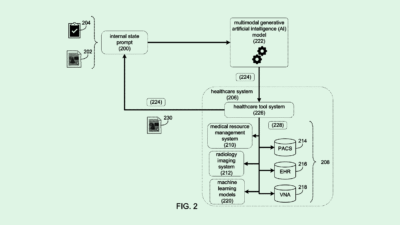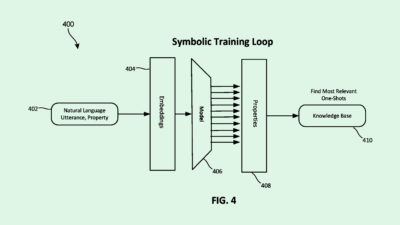How the AI Talent War is Worsening an Ethical Dilemma
‘Governance should be taught, but isn’t. Ethics should be applied, but aren’t.’

Sign up to get cutting-edge insights and deep dives into innovation and technology trends impacting CIOs and IT leaders.
With the war for AI talent reaching a fever pitch, safety might be getting lost in translation.
A recent study from KnownHost found that fewer than half of AI jobs on the market are requiring employees to follow compliance, responsible governance, or ethical AI practices. As enterprises seek to keep up with the rapid pace of AI development and deployment, some tech developers may be viewing responsible and ethical AI as something holding them back, said Valence Howden, principal advisory director at Info-Tech Research Group.
“Governance should be taught, but isn’t. Ethics should be applied, but aren’t,” said Howden.
Tech giants are continually seeking to one-up each other, pursuing market dominance by stacking their teams. Meta is a prime example, having reorganized its team several times in the past months as it hones in on superintelligence.
- Alongside Microsoft, Amazon and Google, however, Meta ditched its team focused on responsible and ethical AI years ago.
- Enterprises, meanwhile, are feeling the pressure, said Howden. With many “trying so hard to be first” in adopting the tech and nabbing talent, governance and ethics are being pushed to the wayside.
- “When profit is on the line, people ignore their ethics and values,” said Howden. “It doesn’t matter what you have up in the wall if you never follow it. And they know what you care about by what you do.”
With the AI talent pool slim as it stands – and the technology itself constantly evolving – finding employees with a strong understanding of tech ethics and responsibility isn’t always easy, said Howden. But to build and adopt the tech safely, these skills and values need to be taught and applied internally, he said.
The tech industry has long had a ‘move fast, break things’ mentality, Howden acknowledged, but that may not be applicable to AI given the extent of its capabilities and the gravity of the harm it can cause. Repairing the damage from failing to interlace governance and ethics into technology and workforce development likely won’t be easy.
So how can enterprises keep from steering their AI efforts the wrong way? They have to stop thinking of ethics and innovation as “two opposite things that they have to balance out,” Howden said. Considering governance as something that works in concert with adoption, rather than against it, can help companies spot biased, inaccurate or harmful AI before they scale it.
“There’s this belief that they can come back and fix that later,” he said. “The reality is, some of this isn’t fixable later, but there’s a lot of overconfidence around the ability to do that.”











